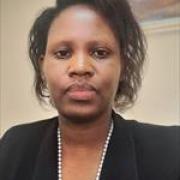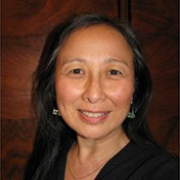
Administrative Analyst

Access Extension
Research Program Manager
- affiliate
- member
- staff
- student

Research Data Analyst

ASST ADJ PROF-HCOMP
- affiliate
- faculty
- member
- rfs
- staff
- student

Project Analyst

Asst Professor In Residence
- affiliate
- faculty
- member
- rfs
- staff

Professor
- affiliate
- faculty
- member
- rfs
- staff
- student

Asst. Prof Researcher

Professor in Residence
- affiliate
- faculty
- member
- rfs
- staff

Recall Faculty
- affiliate
- faculty
- member
- staff